Octopus Energy EV tariff customers receive rate increase
Octopus Go, the company’s original electric vehicle tariff, is boosting export payments to customers who also have solar panels.
Customers enrolled on the tariff - which provides cheap overnight charging for electric cars - previously received 4.1p per kilowatt hour (kWh) of exported electricity via Octopus’s Smart Export Guarantee (SEG) tariff.
Thanks to the introduction of Octopus’ new export tariff ‘Outgoing Fixed Lite’, these customers will now receive 8p for every kWh exported back to the grid.
Octopus has seen a significant jump in solar export customers, with the total number of customers exporting back to the grid doubling in the last year.
An average Octopus Go household could expect to make an additional £66 a year via the new tariff ‘Outgoing Fixed Lite’.
Rebecca Dibb-Simkin, chief product officer at Octopus Energy, said: “Thanks to our customers and their EVs helping balance the grid at night, we’ve continued to unlock savings to pass on to our greenest customers.
“Octopus Go customers with solar panels will now earn twice as much money for the energy they export back to the grid - it certainly pays to be green.”
This news follows Octopus increasing export rates for its customers on its ‘Intelligent Octopus’ tariff. Customers on the tariff can now export energy back to the grid for 15p per kWh via the ‘Outgoing Octopus Fixed’ tariff, quadrupling their previous price.
Motability Operations to partner with Osprey Charging
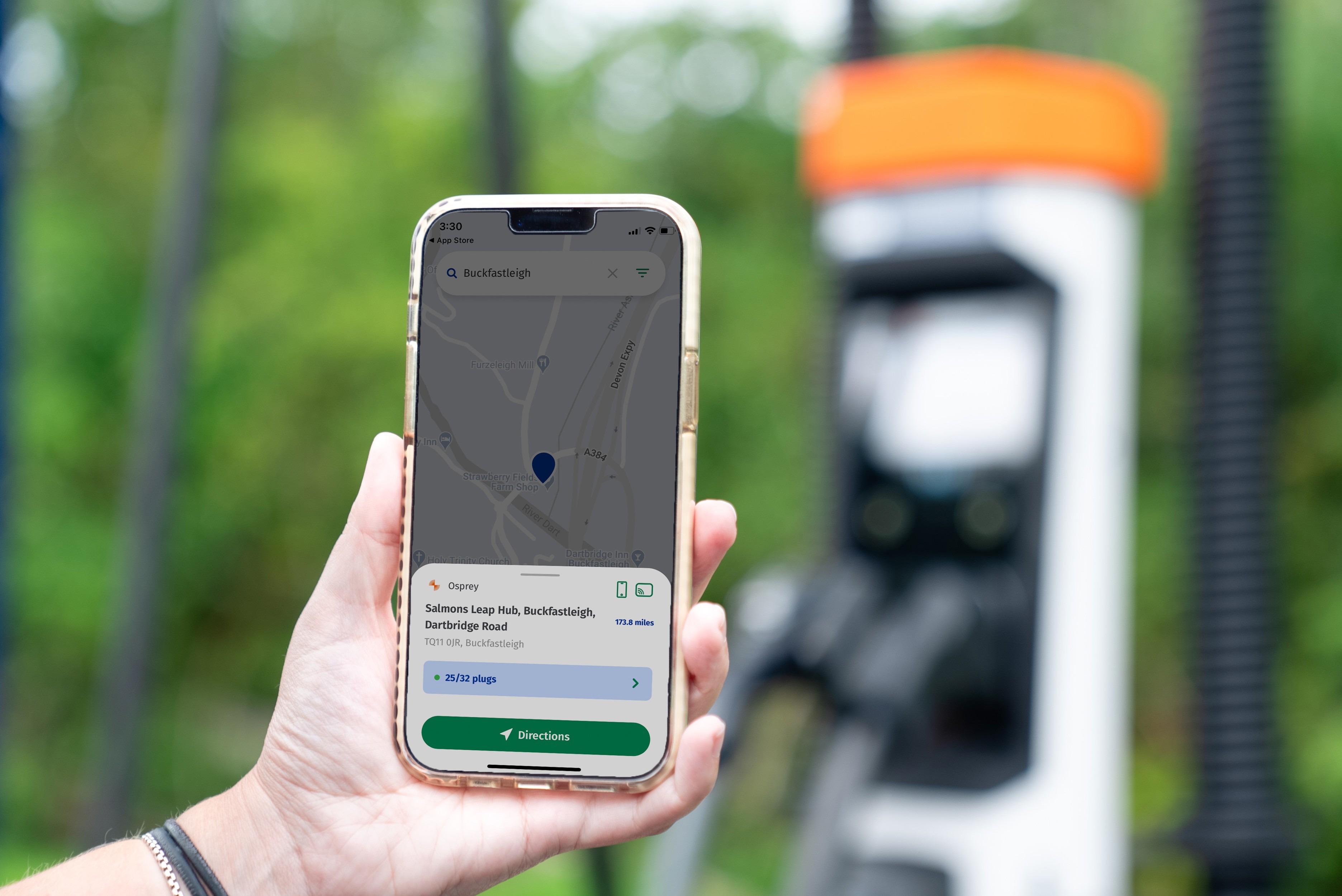
Osprey Charging has been selected by Motability Operations as their first charge point operator (CPO) partner.
The collaboration will allow Motability Scheme electric vehicle (EV) drivers to find a location on Osprey’s GB-wide rapid charging network, charge, and pay through the Motability Go Charge App before reviewing the location for accessibility.
The charging and billing, combined with the visibility of reviews from peers on the app, will help to improve Motability Scheme drivers’ confidence in choosing and using public charging, it says.
Osprey says this is the latest fleet collaboration made possible by its Iris platform, which integrates directly with Paua’s platform underpinning the Motability Go Charge app.
Osprey was also one of the first charge point operator’s to build accessibly-designed public charging hubs, and to subscribe to independent, public EV charging endorsement body ChargeSafe, as well as support the BSI PAS1899 standards for accessible charging and commit to network audits and targets based on these.
Ian Johnston, CEO of Osprey Charging, said: “Motability Operations is not only the largest leasing company in the UK, but one of the most important in empowering access to public charging and ease of use for all drivers. This is something close to Osprey’s heart, so we’re delighted to be the first CPO partner of Motability Operations.
“We look forward to seeing the feedback from drivers, which will help us continue to set the bar for inclusivity and user-friendly charging for all.”
Jonathan Jenkins, head of innovation at Motability Operations, added: “The accessibility of charge points remains one of the biggest barriers to EV adoption for customers on the Motability Scheme.
“We’re excited to be working with Osprey to help support our customers charging needs and ensure the move to electric is as simple and worry-free as possible.
“Working with forward-thinking companies like Osprey, we hope to be able to smooth the transition to EVs for all drivers.”
Fastned opens new ultra-rapid electric vehicle charging hub
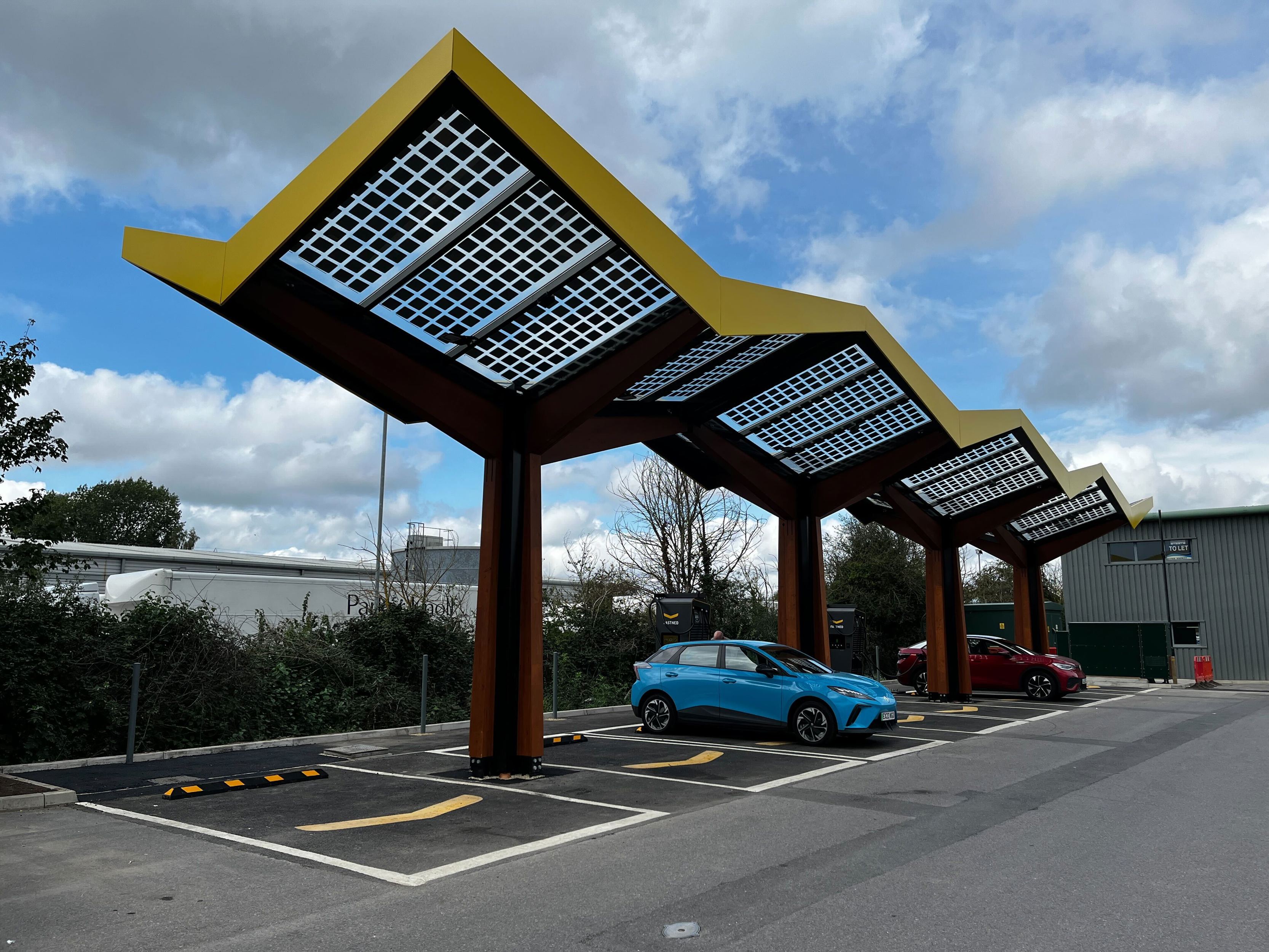
Fastned has opened its first ultra-rapid electric vehicle (EV) charging station in the south-west of England.
The site is based at Commerce Way, Melksham, just off the A350. It features a number of amenities, including a Starbucks and a Travelodge.
Six charging bays will be fully operational at the site from launch, capable of expanding to host up to eight charging bays in the future.
Tom Hurst, UK country manager for Fastned, said: “This is our first site in the region and we look forward to welcoming drivers to our highly visible, easy-to-use ultra rapid charging site.”
The launch means Fastned now has 16 stations in the UK.
Europcar launches new digital electric vehicle guide
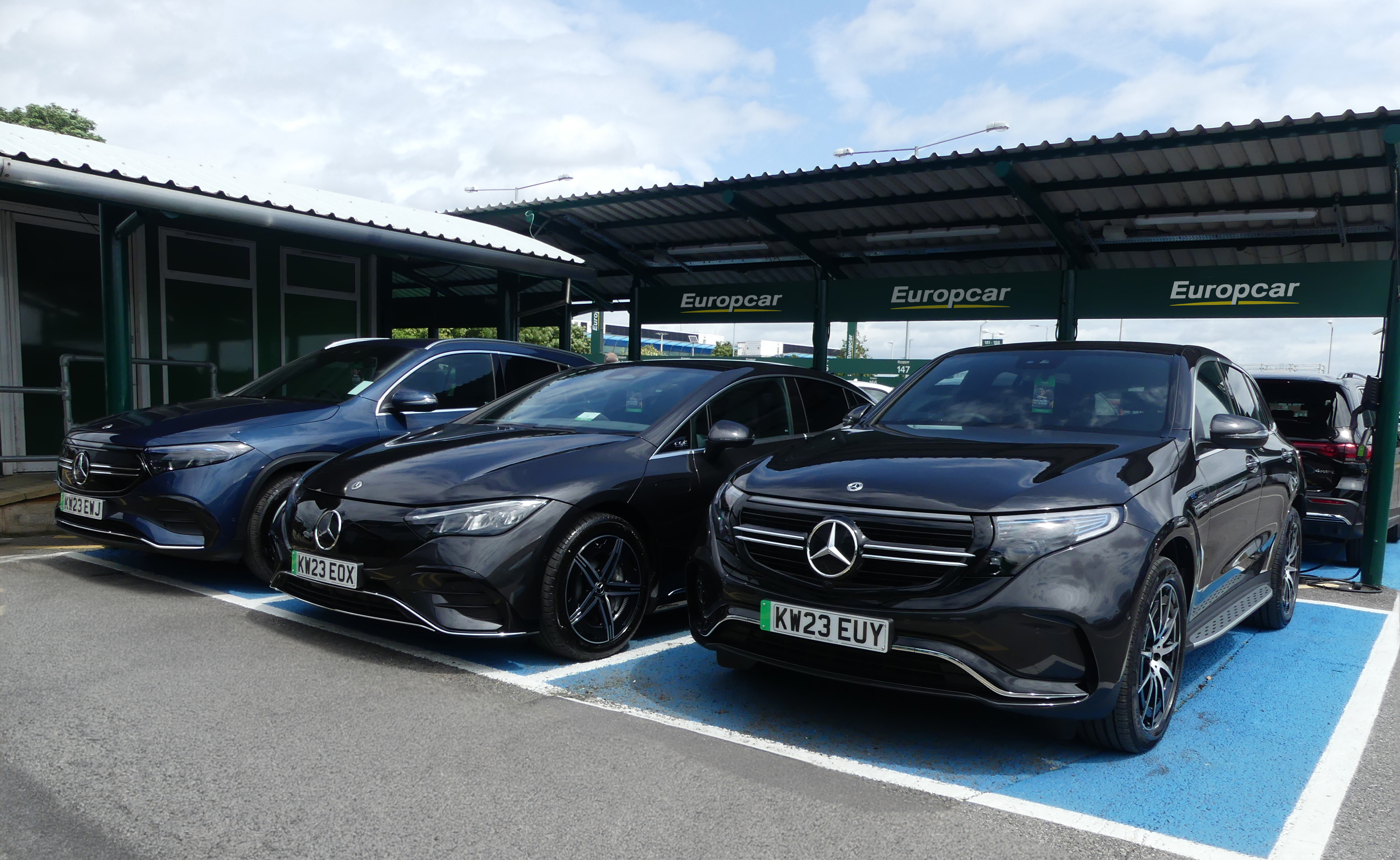
Europcar Mobility Group UK has launched a new digital guide to electric motoring which includes Zapmap’s charge point locator.
The first phase of the free Europcar Electric Vehicle Guide https://electric.europcar.co.uk/ comprises a digital Showroom outlining the features and benefits of each electric vehicle (EV) in the Europcar fleet.
Furthermore, by embedding Zapmap’s national charger map into the EV Guide, it will enable customers to find more than 40,000 charge points across the UK and Ireland to suit their charging needs.
Europcar says that an internal combustion engine (ICE) versus EV cost comparator also helps motorists see the immediate savings they can make by driving electric.
Mark Newberry, Europcar Mobility Group UK commercial director and sustainability spokesperson, explained: “Electric vehicle charging remains one of the main roadblocks to motorists hiring or buying an EV. Yet our own ‘lived’ experiences at Europcar suggest that this simply does not need to be a concern.
“However, we know that there needs to be a big leap from myth to reality and we want electric vehicle rental to help cross that chasm.
“Europcar is, therefore, making a significant investment in tools designed to take the anxiety away from the EV experience. This includes the creation of our new free to access EV Guide, as well as our new partnership with Zapmap – the first in the UK rental space.”
Churchill strikes fleet insurance deal with Electric Car Lease
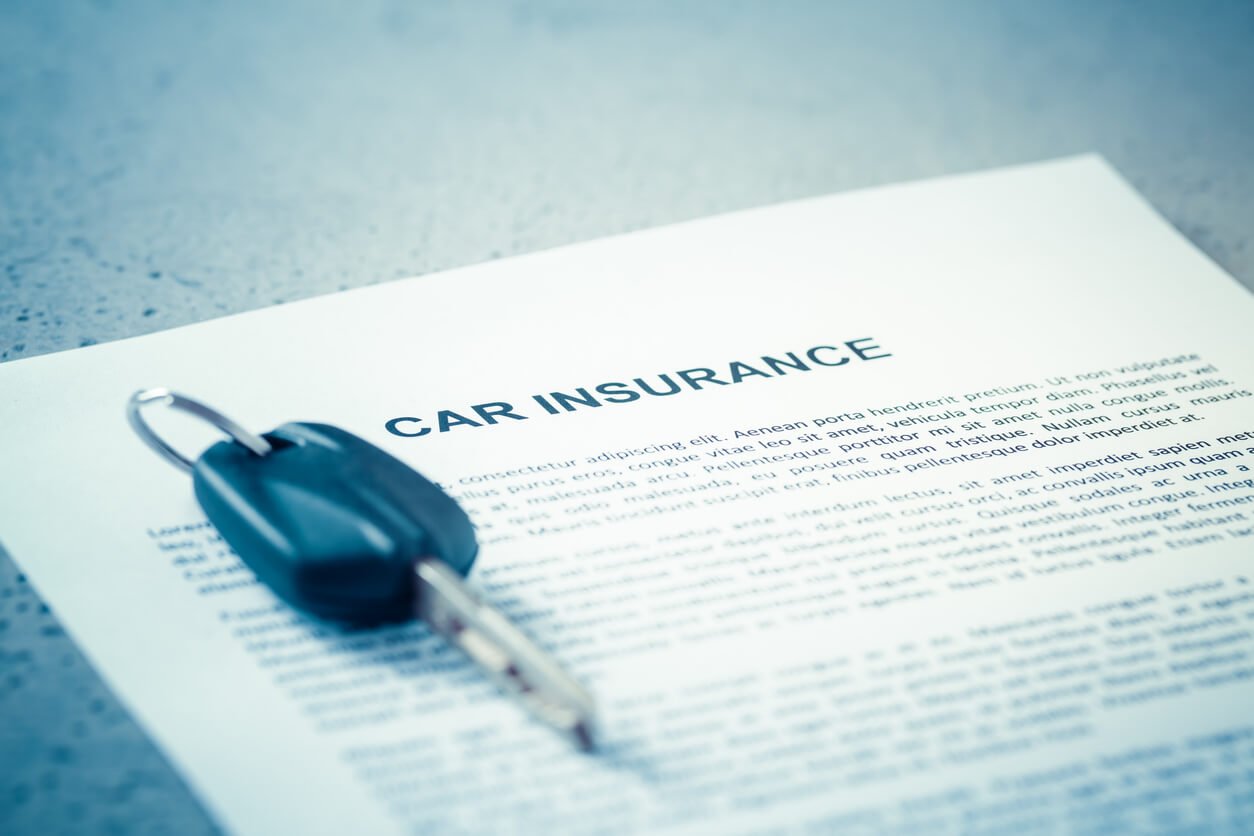
Churchill Expert has partnered with Electric Car Lease to offer businesses fleets a tailored insurance quote for their electric vehicle (EV) fleet.
The partnership will see Churchill Expert support electric car lease’s commercial fleet customers by offering the option of getting a tailored insurance quote to cover their commercial EV Fleet.
Nicola Richmond, head of Churchill Expert Flexible Fleet Partnerships, said: “Flexible vehicle acquisition, such as that offered by Electric Car Lease, will play a huge role helping fleet managers to make the transition to an electric fleet.
“Through the partnership, Churchill Expert’s team of dedicated underwriters can help support businesses on this road into the future with tailored insurance products and pricing for their fleets covering vehicle theft, accidental damage, vehicle battery, theft of charge cables and EV charger wall boxes.”
Bonnet allows EV drivers to view non-affiliated chargers through its app
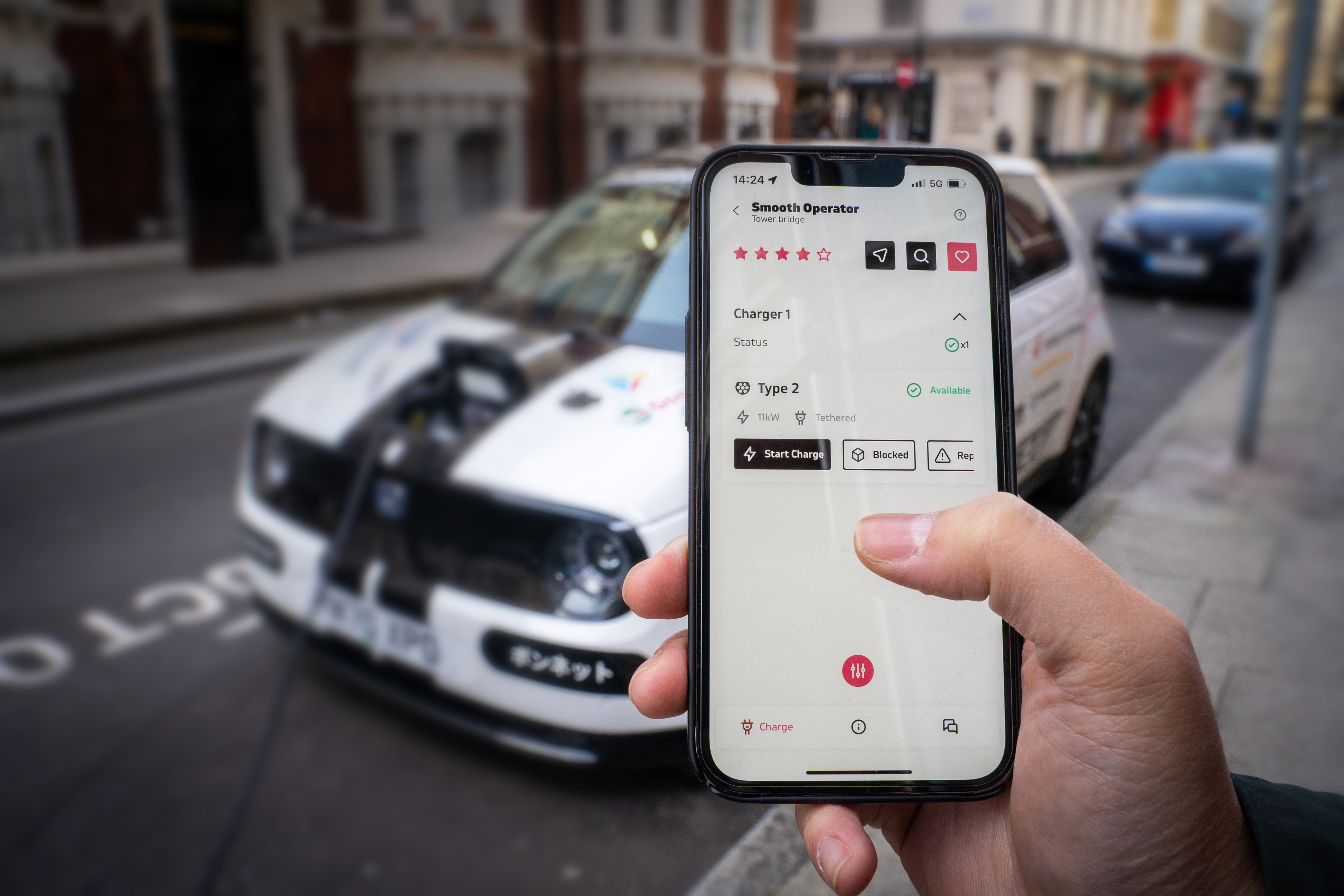
Bonnet has partnered with non-Bonnet charge point operators including BP Pulse, Instavolt and Gridserve to make their chargers visible through its app.
The move adds 17,000 new charging locations and roughly 42,000 new chargers to Bonnet’s map.
While Bonnet users will not be able to pay for charging on these chargers through the app, the new feature offers EV drivers the same detailed live information on location, availability, and reliability on non-Bonnet chargers as those already within Bonnet’s network.
Patrick Reich, CEO of Bonnet said: "We are thrilled to announce the addition of 17,500 new charging locations to our network, thanks to our partnerships with BP Pulse, Instavolt, and Gridserve.
“This expansion aligns with our mission to accelerate the transition to electric mobility and make EV charging accessible to all.
“We are constantly working to provide our customers with a seamless charging experience, and this significant increase in charging options is a major step towards achieving that goal."
Volvo Energy explores second life for EV batteries with Connected Energy
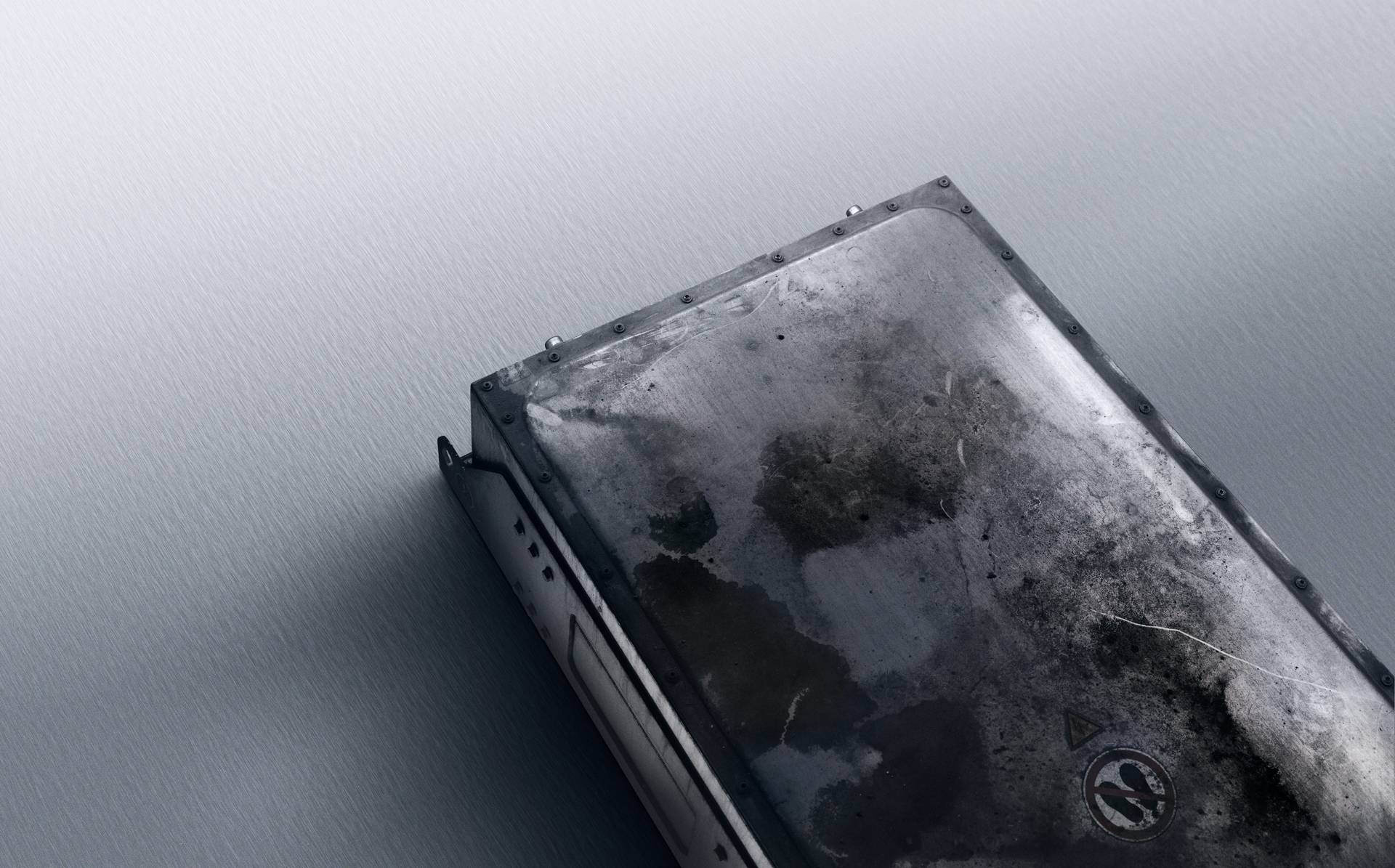
Volvo Energy has signed a Letter of Intent with Connected Energy with the ambition to jointly develop a battery energy storage system (BESS).
The two companies intend to build BESS with batteries recovered from Volvo electric buses, trucks and machines once they have reached their optimal use in mobile applications.
This would create a second life for the batteries, delivering significant environmental and economic benefits.
Matthew Lumsden, CEO of Connected Energy, said: “This is an exciting next step in our existing relationship with Volvo Energy with the potential to enable us to take our technology at scale into the European market.
“In the coming years, the volumes of returning batteries from first life applications will substantially increase. This represents a key opportunity for OEMs like Volvo Group.
“Together we have the potential to develop and commercialise second life energy storage systems that make electric vehicles (EVs) even more sustainable.”
Battery energy storage systems are increasingly used to store and optimise energy from renewable sources. They are also deployed to provide additional power for both commercial buildings and EV charging hubs in areas where there is not enough grid capacity to support banks of EV chargers.
Using second life batteries in these systems substantially reduces their carbon footprint compared to using new batteries, while also transforming EV batteries into longer-term, valuable assets.
Typically, EV batteries still have up to 80% of their original energy storage capacity when they reach the end of their optimal use in a mobile application.
Connected Energy has developed technology to harness this remaining capacity and use it effectively in stationary energy storage applications.
Elisabeth Larsson, senior vice president sales and services from Volvo Energy, said: “Our ambition for a deepened collaboration with Connected Energy will be a key milestone in our mission to move from a linear business model to a circular one by optimizing the batteries’ full lifecycle whilst creating a product that will enable the transition to a world powered by renewable energy.”

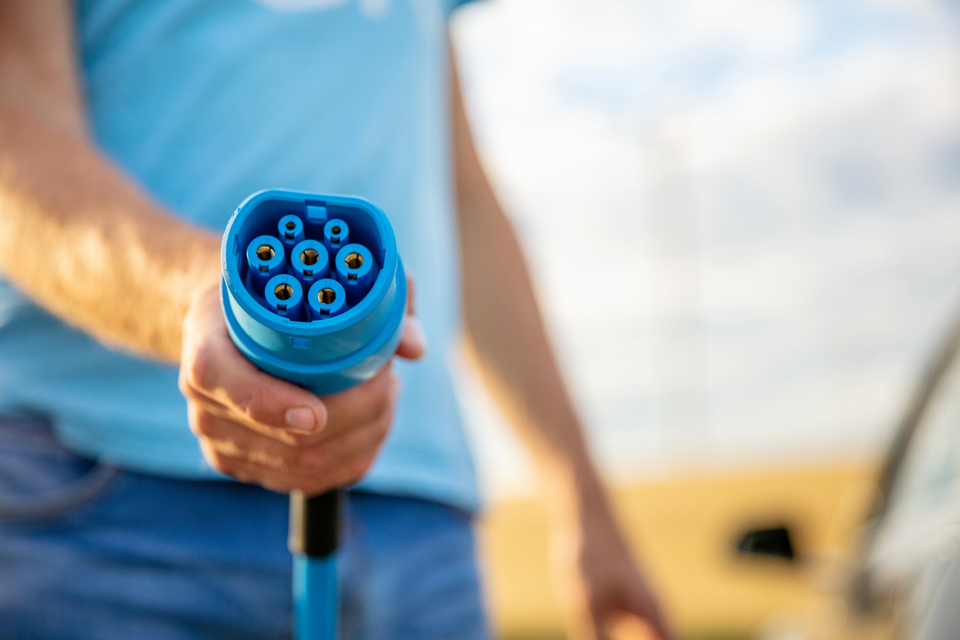









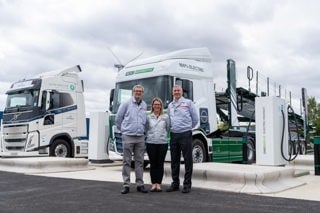












Login to comment
Comments
No comments have been made yet.